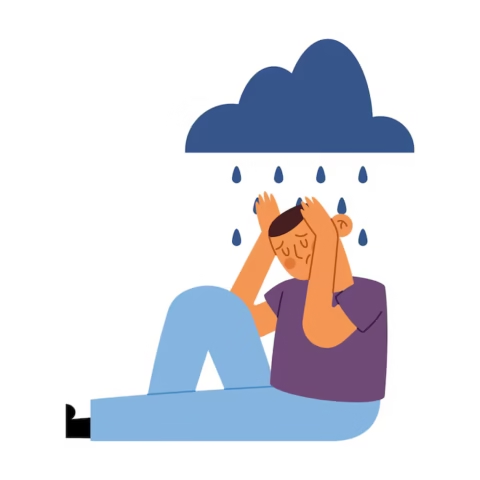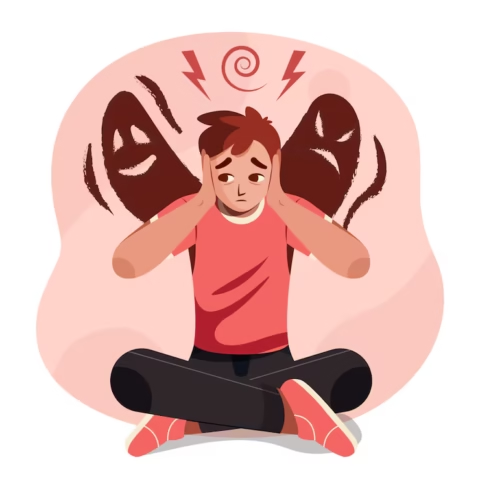Overview of 4 Important Diagnostic Systems: DSM-5, ICD-11, SCID-5, and WHODAS 2.0
Introduction In clinical psychology and psychiatry, the accurate classification, diagnosis, and assessment of mental disorders are crucial for effective treatment, research, and communication among professionals. Diagnostic systems such as the




